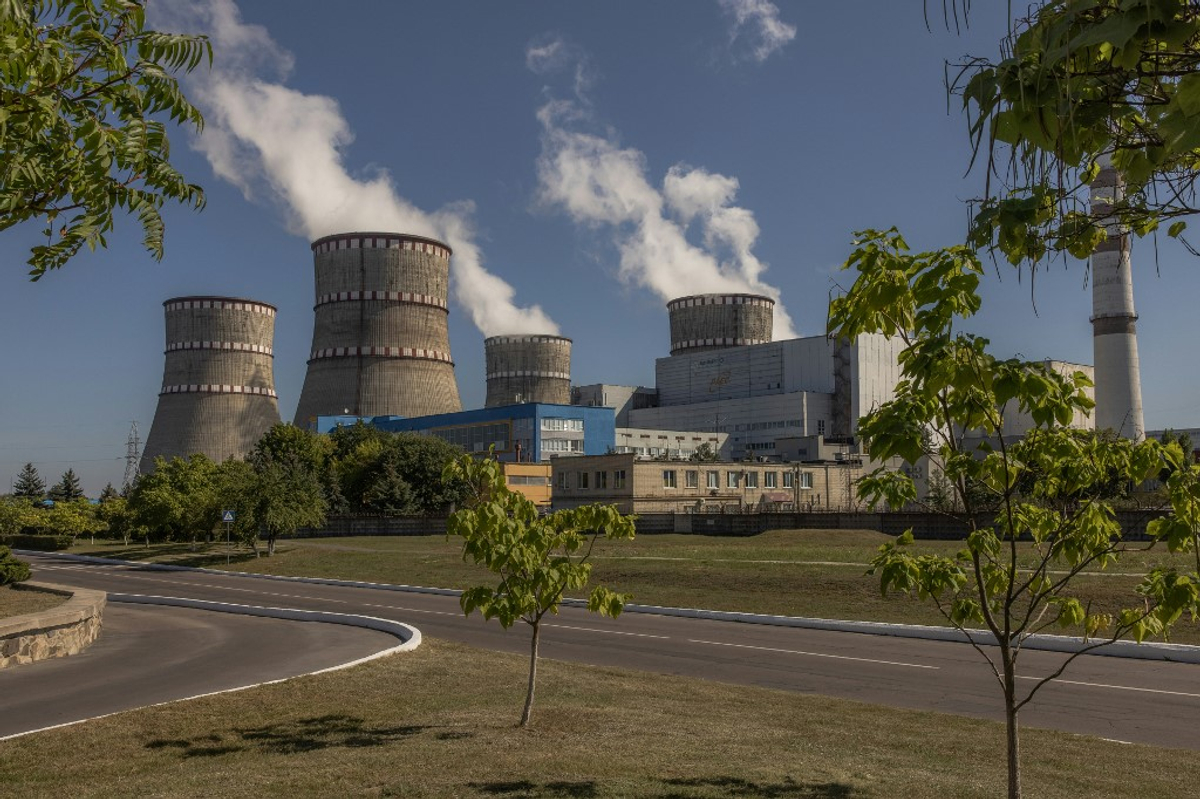The EU on Wednesday unveiled new rules allowing member states to grant financial support to firms producing low-carbon technologies, including nuclear power, in the face of competition from China and the United States.
The framework, which will be in place until the end of 2030, replaces an earlier text from 2022 that expires this year.
“If Europe wants to lead in clean tech, we must act with courage and clarity,” said Teresa Ribera, the European Commission’s executive vice-president for a clean, just and competitive transition. “The new framework simplifies and speeds up support for decarbonization.”
At the request of France and other pro-nuclear nations, such as Sweden and Poland, the rules introduce a “technological neutrality” concept allowing for state aid to flow towards nuclear as well as renewable energy generation.
“Fully recognizing member states’ rights to determine their energy mix, the commission will conduct a timely assessment of state aid cases for nuclear energy generation, including for small and advanced modular reactors, with a view to ensuring legal certainty for such aid,” the text reads.
The framework also covers help for “low-carbon fuels,” like “blue” and “green” hydrogen, which can support companies in “hard-to-decarbonize” sectors to go green, the commission said.
“Green hydrogen” is produced using renewable energy, while “blue hydrogen” relies on fossil fuels such as coal and gas, with carbon-capture technology to reduce emissions.
Responding to pressure from Germany, the text also allows for the temporary subsidizing of electricity prices for energy-intensive industries in return for investments in decarbonization.
Europe’s largest economy relies on intermittent renewable production and energy from gas-fired power plants, the price of which has gone up sharply after the war in Ukraine pushed Europe to cut low-cost gas imports from Russia.
The framework greenlights subsidies for factories involved in the production of solar panels, wind turbines, batteries, and heat pumps, as well as components for the nuclear industry, among other sectors.
